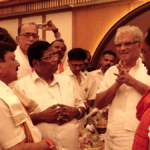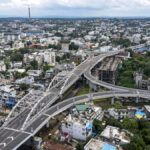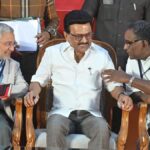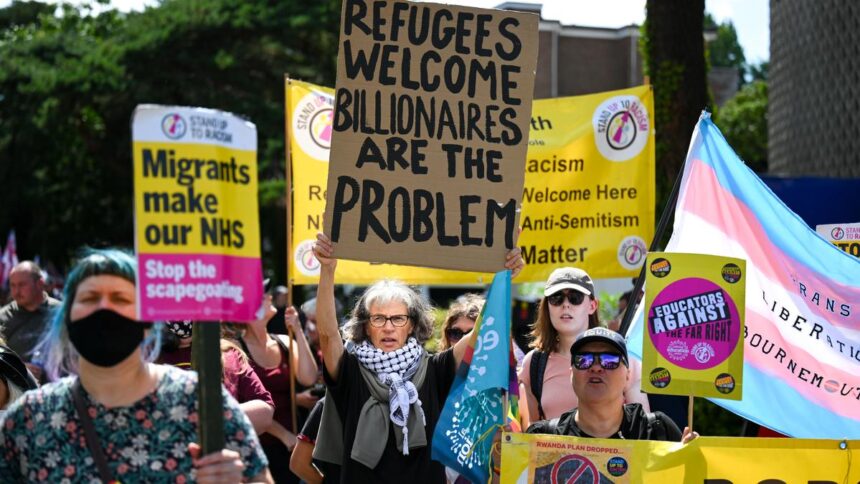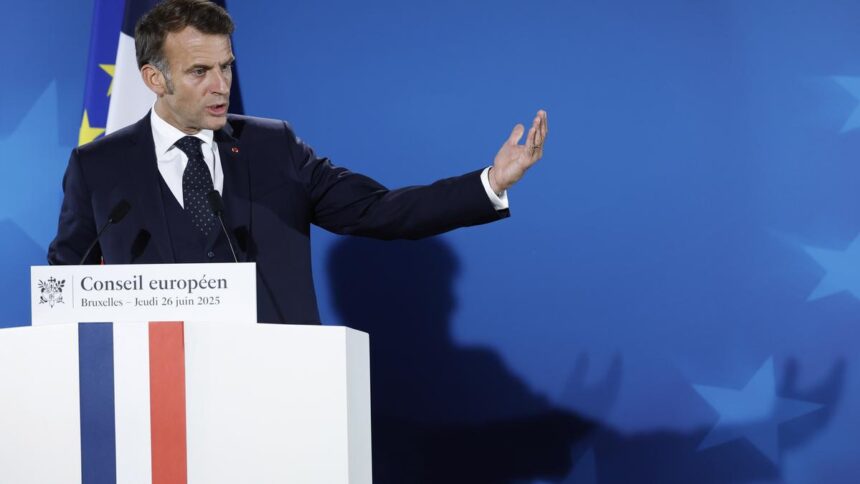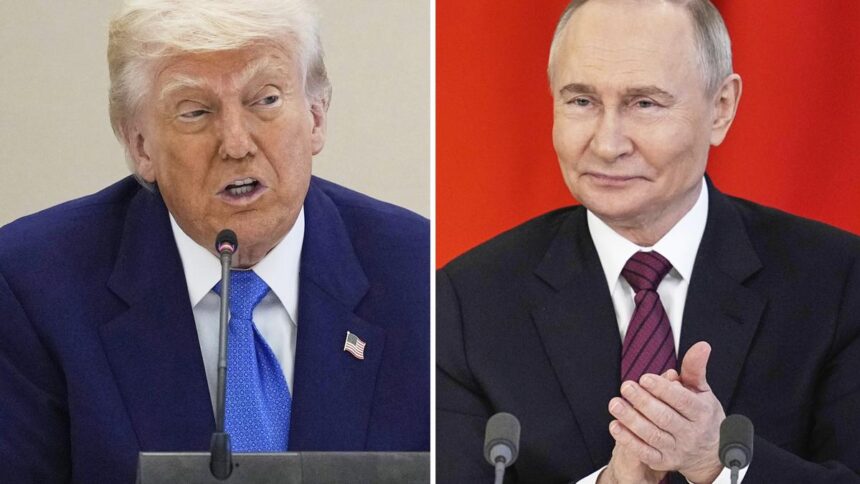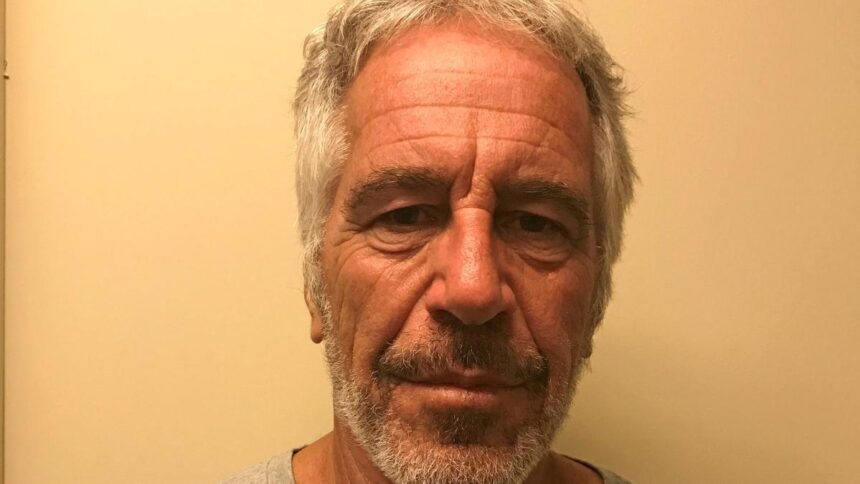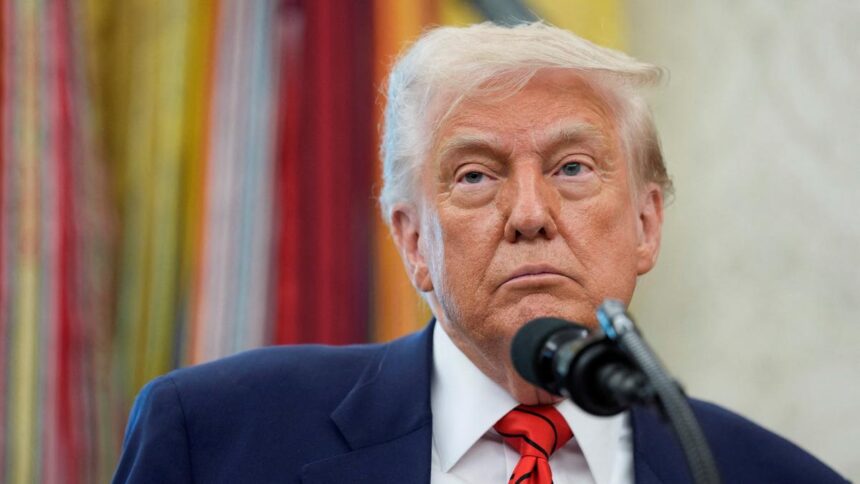
South Korea’s President Lee Jae Myung meets Japan’s Prime Minister Shigeru Ishiba in Tokyo, Japan, August 23, 2025.
| Photo Credit: Reuters
South Korean President Lee Jae Myung held his first full summit with Japanese Prime Minister Shigeru Ishiba in Tokyo in a visit largely aimed at showcasing friendly ties between the two Asian neighbours that now face common challenges from the United States, their mutual ally.
Mr. Lee’s visit Saturday (August 23, 2025) comes in an unusual order, putting Japan ahead of the U.S., to help him better prepare for his crucial first summit in Washington with U.S. President Donald Trump, mainly on trade and defence issues.
His Tokyo visit before Washington is well received by Japanese officials who see it as a sign Mr. Lee is placing great importance to relations between the two neighbours whose ties have repeatedly been disrupted by historical disputes, hampering their trilateral coordination with Washington.
Noting Mr. Lee’s visit in Tokyo as the first destination of his foreign trip after taking office in June, Mr. Ishiba welcomed the South Korean President’s arrival at the Prime Minister’s Office and posted photos on social media platform X.
The two leaders first met in a closed, small group of officials before summit talks with expanded groups.
For Mr. Ishiba, who faces pressure from right-wing rivals within his governing party to resign over its July election loss, Mr. Lee’s visit and a successful summit could shore up his support.
Rintaro Nishimura, an associate with The Asia Group’s Japan branch, said the timing of Mr. Lee’s visit shows “his way of pragmatic diplomacy” with a focus both on bilateral and trilateral relations with the U.S.
“Obviously tariffs play a big part, but I also think it was a gesture from Lee to show that Japan is very important in his mind as a partner in his foreign policy,” he said.
For the two leaders, who last met only on the sidelines of the Group of Seven summit in June, Saturday’s (August 23, 2025) talks are largely symbolic and aimed at highlighting their friendship and focusing on exchanges as this year also marks the 60th anniversary of normalizing their diplomatic ties, he said.
Possible outcomes of the meeting include fast-track entry visas for South Korean travellers and working holiday programs.
The two leaders are also expected to discuss mutual concerns including North Korea’s nuclear and missile development and China’s growing assertiveness in the region.
Mr. Ishiba, who met Mr. Trump in Washington in February and held talks with him at the June G7 summit, has settled a tariffs deal ahead of South Korea, enabling him to coordinate with Lee ahead of his summit in the U.S.
The summit comes just days after the two leaders signalled their conciliatory approach to each other.
In his August 15 address marking the liberation from Japan’s 1910-1945 colonization of the Korean Peninsula, Mr. Lee called for the two sides to overcome grievances rooted in Japan’s brutal rule and develop future-oriented ties, though he urged Tokyo to face the issues that remain unresolved and strive to maintain trust.
In an interview with Japan’s conservative Yomiuri newspaper published Thursday, Lee also said he will stick to past agreements with the Japanese government on the forced labour issues and sexual abuses of the so-called “comfort women,” though hard feelings remain among many Koreans.
Mr. Ishiba, who has acknowledged Japan’s wartime aggression and shown empathy toward Asian victims, expressed “remorse” over the war, which he called a mistake, restoring the word in a Japanese leader’s August 15 surrender anniversary address for the first time since its 2013 removal by former Prime Minister Shinzo Abe.
Published – August 23, 2025 03:28 pm IST





